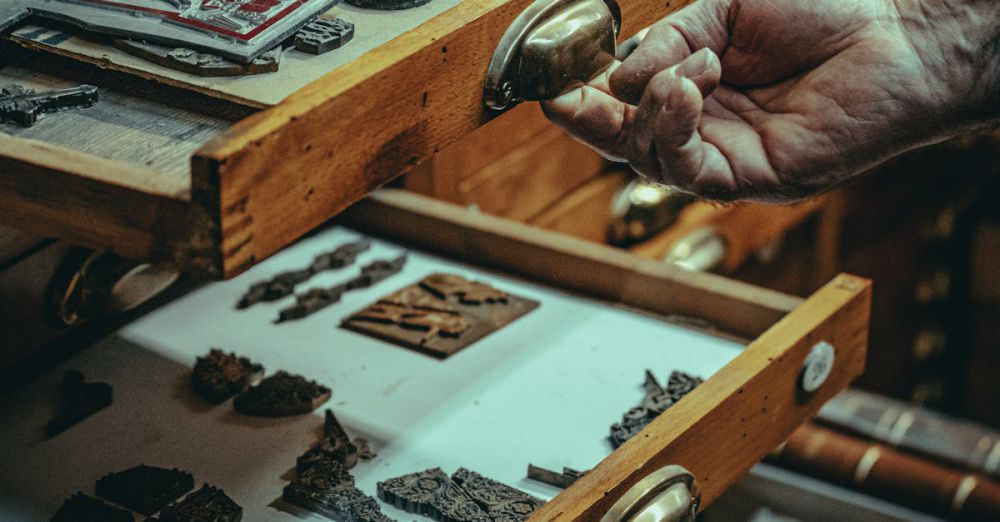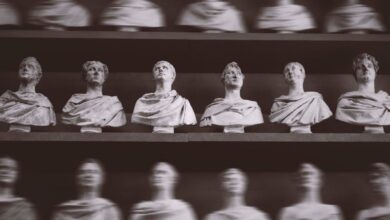What Are the Best Historical Museums for Artifacts
Historical museums serve as vital repositories of our collective past, preserving artifacts that illuminate the rich tapestry of human existence. These treasures not only tell stories of the civilizations that created them but also offer insights into our shared heritage. From ancient relics to modern innovations, some museums stand out for their impressive collections and the narratives they weave. Here are some of the best historical museums around the world that house remarkable artifacts.
The British Museum
Located in London, the British Museum is a treasure trove of global history, boasting a collection that spans over two million years. With over eight million works, its exhibits include the Rosetta Stone, which was crucial in deciphering Egyptian hieroglyphs, and the Elgin Marbles, remnants of the Parthenon that spark debates about repatriation. The museum offers a comprehensive look at ancient civilizations, including Egyptian mummies, Mesopotamian tablets, and Greek pottery. Each artifact serves as a window into the past, allowing visitors to connect with the stories of those who came before.
The Louvre Museum
As the world’s largest art museum and a historic monument in Paris, the Louvre is not only famous for its iconic paintings but also for its extensive collection of artifacts. The museum houses Egyptian antiquities, including mummies and sarcophagi, as well as Islamic art and ancient Greek sculptures. A visit to the Louvre is like walking through a timeline of human achievement, where the Mona Lisa and the Venus de Milo coexist with relics from ancient Persia. The sheer scale and diversity of its collection make the Louvre a must-visit for history enthusiasts.
The Smithsonian National Museum of American History
Situated in Washington, D.C., the Smithsonian National Museum of American History showcases the artifacts that have shaped the United States. The museum’s extensive collection includes the original Star-Spangled Banner, toys from various eras, and the First Ladies’ Inaugural Gowns. Each exhibit offers a glimpse into American life, culture, and the evolution of society. With interactive displays and ongoing exhibits, visitors can engage with history, making it accessible and relatable.
The Egyptian Museum
Home to an unparalleled collection of ancient Egyptian artifacts, the Egyptian Museum in Cairo is a paradise for history buffs. The museum houses over 120,000 items, including the treasures of Tutankhamun, mummies, and monumental statues. Visitors can marvel at the intricacies of ancient craftsmanship and the stories behind each piece. The museum’s extensive collection provides insights into the daily lives, religious practices, and burial customs of ancient Egyptians, making it an essential stop for anyone interested in this captivating civilization.
The National Museum of Anthropology
In Mexico City, the National Museum of Anthropology showcases the rich history of Mexico’s pre-Columbian cultures. The museum’s collection features iconic artifacts from the Aztec, Maya, and Olmec civilizations. Among its most famous exhibits is the Aztec Calendar Stone, a massive monolithic sculpture that represents the cosmology of the Aztec civilization. The museum artfully combines anthropology and history, offering a comprehensive view of the indigenous cultures that shaped Mexico’s identity.
The Rijksmuseum
Amsterdam’s Rijksmuseum is renowned for its collection of Dutch Golden Age paintings, but it also houses a remarkable array of historical artifacts. The museum features items from the Age of Exploration, including navigational tools and ship models, alongside everyday objects from Dutch history. The Rijksmuseum tells the story of the Netherlands through its art and artifacts, providing context to the country’s cultural and political evolution.
Cultural Heritage and Collective Memory
The importance of historical museums cannot be overstated. They safeguard artifacts that encapsulate human creativity, resilience, and evolution. By preserving these objects, museums serve as custodians of our cultural memory, ensuring that future generations can learn from the past. Visiting these institutions not only enriches our understanding of history but also fosters appreciation for the diversity of human experience. When we engage with artifacts, we step into the shoes of those who lived before us, gaining insights that transcend time and geography.
Exploring these museums offers a unique opportunity to connect with our shared human story, making each visit a journey through time filled with wonder and discovery.







